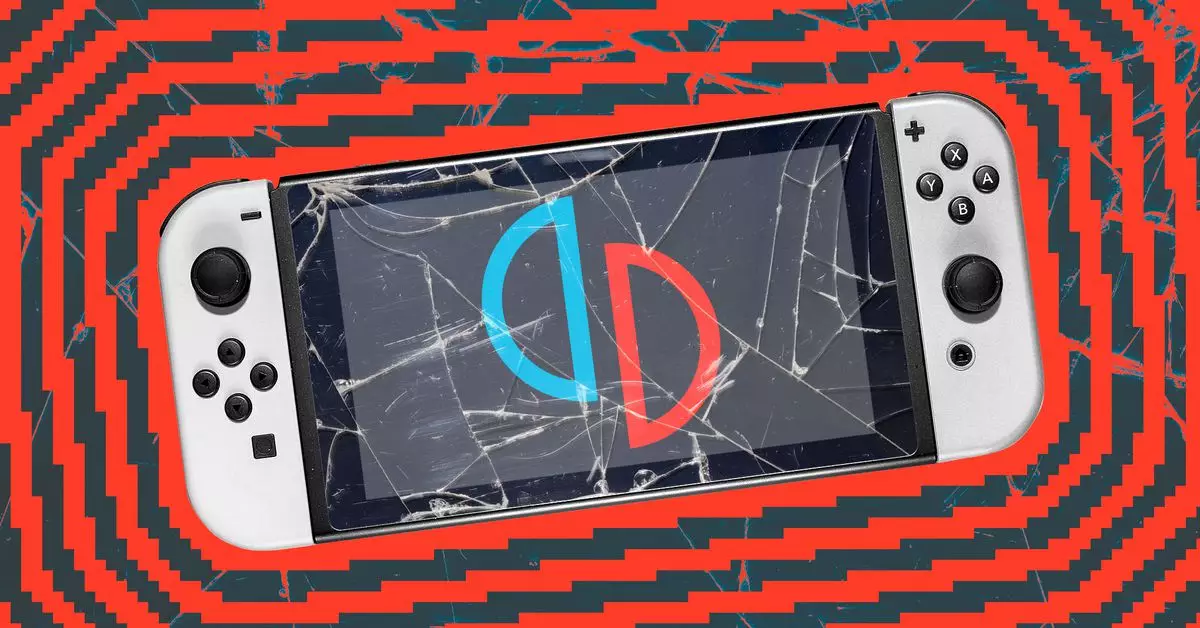Nintendo’s recent takedown request to GitLab, directed towards the Suyu emulator developers, has sparked conversation and controversy within the gaming community. The request, based on alleged violations of DMCA 1201, resulted in GitLab cutting off access to the emulator and disabling the accounts of its developers. However, the way in which this situation was handled raises significant concerns and questions about the validity of the takedown and the actions taken by GitLab.
While it is important to protect intellectual property rights and prevent piracy, the tactics used in the takedown request raise eyebrows. The email sent to GitLab appears to rely on piggybacking on Yuzu’s previous legal issues with Nintendo, even though Nintendo may not have exclusive rights to Yuzu’s code. The language used in the email suggests a veiled threat to GitLab, implying potential legal action if they do not comply with the takedown.
The confusion surrounding DMCA 1201 and its application in this context adds another layer of complexity to the situation. Legal experts have pointed out that a valid DMCA takedown request should include specific details about the copyrighted work in question, which may not have been clearly outlined in the email received by GitLab. Additionally, the assertion that Suyu does not include the same circumvention measures as Yuzu raises doubts about the legitimacy of the takedown.
GitLab’s response to the takedown request raises questions about their policies and practices regarding user accounts and project hosting. The decision to immediately disable access to the emulator and its developers without giving them a chance to respond or file a counter-notice reflects a lack of transparency and fairness in handling such situations. The absence of clear guidelines in GitLab’s online handbook further adds to the ambiguity surrounding their actions.
The swift response from Suyu’s leader to find a new hosting platform highlights the resilient nature of emulator developers in the face of legal threats. This incident serves as a reminder of the ongoing battle between copyright holders and emulator creators, and the complex legal and ethical issues that arise in this space. As technology continues to evolve, it will be crucial for platforms like GitLab to navigate these challenges thoughtfully and transparently to ensure a fair and balanced approach to addressing copyright concerns.
The handling of emulator takedown requests like the one experienced by Suyu on GitLab raises concerns about legal tactics, platform responsibilities, and the future of emulator development. It is imperative for all parties involved to approach these situations with clarity, fairness, and a commitment to upholding intellectual property rights while also respecting the rights of developers and users in the gaming community.


Leave a Reply